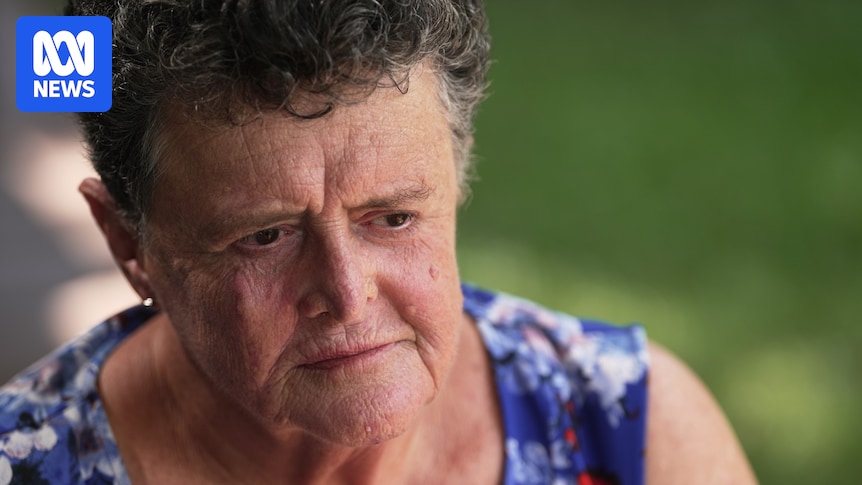Women & HIV: The Urgent Need for Specialized Care
The global HIV/AIDS epidemic continues to disproportionately affect women, highlighting a critical need for specialized care tailored to their unique vulnerabilities and health challenges. While significant progress has been made in treatment and prevention, persistent disparities in access to quality healthcare, coupled with societal factors, leave many women at risk. This article delves into the specific challenges women face in navigating HIV, emphasizing the urgent need for targeted interventions and comprehensive support systems.
The Unique Challenges Faced by Women with HIV
Women living with HIV face a complex interplay of biological, social, and economic factors that significantly impact their health outcomes. These challenges often intersect and exacerbate each other, creating a cascade of difficulties that necessitates specialized care:
-
Biological Vulnerabilities: Women are biologically more susceptible to HIV transmission during sexual intercourse. Furthermore, HIV infection can worsen existing gynecological conditions and increase the risk of opportunistic infections. Pregnancy and childbirth further complicate HIV management, requiring specialized antenatal and postnatal care to prevent mother-to-child transmission (MTCT).
-
Social and Cultural Barriers: Gender inequality, stigma, and discrimination significantly hinder women's access to HIV testing, treatment, and support services. Cultural norms and practices can prevent women from seeking help, disclosing their status, or negotiating safe sex. Domestic violence and sexual abuse further increase their vulnerability.
-
Economic Constraints: Poverty and lack of economic empowerment often limit women's access to healthcare, including HIV testing, medication, and nutritious food essential for managing the virus. This can lead to delayed diagnosis, poor adherence to treatment, and worse health outcomes.
The Importance of Specialized HIV Care for Women
Specialized HIV care for women goes beyond simply treating the infection. It requires a holistic approach that addresses the multifaceted challenges women face:
-
Gender-Sensitive Healthcare: Clinicians need training in providing culturally sensitive and trauma-informed care, creating a safe space for women to discuss their concerns and access support.
-
Integrated Services: A comprehensive approach integrates HIV care with reproductive health services, mental health support, and social services. This addresses the interconnectedness of women's health needs.
-
Community Engagement: Engaging community leaders and organizations is crucial for raising awareness, reducing stigma, and improving access to services for women in marginalized communities.
-
Addressing Co-morbidities: Specialized care must account for the increased risk of co-morbidities among women with HIV, such as cervical cancer, tuberculosis, and other opportunistic infections.
-
Psychosocial Support: Providing access to mental health services and psychosocial support is essential for managing the emotional and psychological impact of living with HIV and facing societal stigma.
Moving Forward: A Call to Action
Addressing the urgent need for specialized HIV care for women demands a multi-pronged strategy involving:
-
Increased Funding: Investing in research, training healthcare professionals, and expanding access to services is paramount.
-
Policy Changes: Implementing policies that promote gender equality, empower women, and protect their rights are essential.
-
Community Mobilization: Strengthening community-based programs and involving women in the design and implementation of interventions is crucial.
-
Technological Advancements: Leveraging technology to improve access to testing, treatment, and support, especially in remote areas, can significantly improve outcomes.
The disproportionate impact of HIV on women demands immediate and sustained action. By investing in specialized care and addressing the underlying social determinants of health, we can create a healthier future for women living with HIV and prevent further transmission. Let's work together to ensure that all women have access to the care they need and deserve.
Keywords: Women and HIV, HIV in women, specialized HIV care, women's health, HIV prevention, HIV treatment, gender inequality, global health, AIDS, mother-to-child transmission, HIV stigma, sexual health, reproductive health
(Note: This article provides general information and should not be considered medical advice. Consult with a healthcare professional for any health concerns.)

